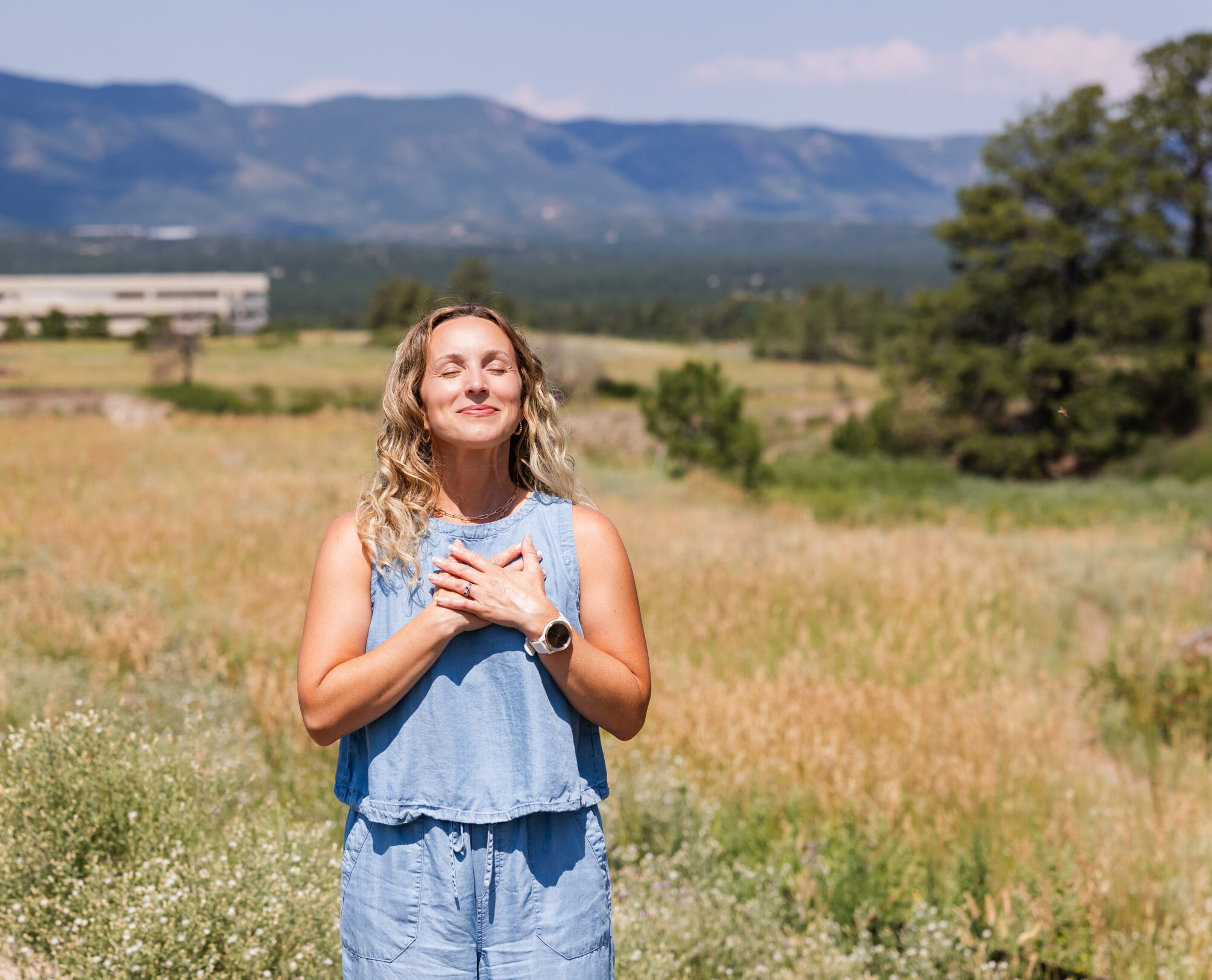What Can You Do to Help Your Child?
Myth: The only thing you can do as a parent is work to manage your child’s symptoms.
As a naturopathic pediatrician, I see kiddos come in all the time who are suffering from eczema.
They’re itchy, frustrated, and tired. They can’t sleep at night because of their discomfort.
Parents tell me they’ve spoken with other doctors.
They’ve been told there’s no cure for eczema.
This isn’t true. By identifying triggers in your child’s diet and environment, you can stop the cycle of eczema in its tracks.
What Causes Eczema?
The root cause of eczema is on the inside, typically in the gut. (1) This means diet plays a crucial role in treatment.
Children can develop eczema because of food intolerance, allergy, an imbalance of minerals, or a leaky gut.
So how do you know what’s causing your child’s symptoms?
The best way to get to the bottom of it is to play detective. You want to figure out what foods your child is sensitive to and introduce essential nutrients their body may be lacking.
By working to heal your child from the inside out, you can help them experience fewer flare-ups and even out-grow eczema altogether.
Identify Your Child’s Triggers
The best way to identify what’s triggering your kiddo’s symptoms is an elimination diet. Start by removing one food at a time.
Some common food intolerances associated with eczema are dairy and gluten, so this is a great place to start, but every kid is different.
With careful experimentation, you’ll slowly recognize which foods your child is sensitive to.
Don’t forget about sugar. It is highly inflammatory, and sneaks into everything. Eliminating candy, fruit snacks, and ice cream can go a long way to save your child’s skin.
As you work to discover diet triggers, keep an eye out for environmental factors that might be worsening flare-ups.
Some common environmental triggers for eczema include:
- Dryness
- Heat
- Frigid cold temperatures
- Irritants, like carpets and harsh fabrics
- Added fragrances in products, like laundry detergent and baby wipes
Identifying your little one’s triggers is essential for treatment. But it can be frustrating when you feel like you’re trying and you still don’t know the root cause.
Muster up all the patience you’ve got, Mama! Once you get to the bottom of this, you’re well on your way to healing eczema.
You can do this – but you don’t have to do it alone. I’m here to help you and your family navigate this tricky process.
Test for Food Sensitivity
An elimination diet can be exhausting. Testing for food sensitivities can clear the muddy waters.
With options for a finger poke, or a full blood draw, you can find out in 2 weeks exactly which foods to eliminate. Test options start at $50.
Test anywhere from 30- 87 top allergic foods. You can even test for spices, molds, danders, and environmental irritants.
Healing From The Inside-Out
Many of nature’s foods contain the nutrients our bodies need to prevent and treat disease. But it can be difficult to know if your child is getting enough.
In addition to eating foods rich in nutrients, supplementing is a good idea to ensure your little one is getting the proper amount they need for healthy development and healing.
Here are some essential vitamins and nutrients that can help treat your child’s eczema:
- Omega-3 fatty acids along with other fatty oils can help reduce your kiddo’s risk of developing eczema. If you’re breastfeeding, make sure you’re getting enough O-3s yourself to pass along to your little one. (2)
- Probiotics promote a healthy gut and may help prevent eczema. But not just any probiotic will do. Particular strains, like L. rhamnosus may be more effective.
- Vitamin D deficiency is often present in children with eczema. (3) Many fatty fish include vitamin D – bonus: and omega-3! – including salmon, cod, and sardines. Use a supplement to be sure your little is getting a healthy dose.
- Magnesium can help reduce inflammation. Add magnesium-rich foods to your kiddo’s diet, like dark leafy greens such as spinach, kale, and collard greens. (4)
- Deep-sea water is filled with essential vitamins and minerals. Drinking it may help restore an imbalance in your child’s body. (5)
Remedies To Help Manage Symptoms
While you work to get to the root cause of your child’s eczema, there are natural remedies you can use to help manage the itches and flakes.
Here are some naturopathic treatments that can help hydrate and calm your little’s skin:
- Evening primrose oil may help relieve itching and redness. (6) Give your child a liquid capsule consistently over time to get the most benefits.
- Colloidal oatmeal baths also help relieve itching. Pour about a cup into a warm bath and soak. You can also use a moisturizer that contains colloidal oatmeal and apply it directly to your child’s skin.
- Tea tree oil has anti-inflammatory and wound-healing properties, but can be abrasive. (7) Always start with a very small amount in a small area of skin to test. Dilute 1 drop of tea tree oil with a carrier oil, such as coconut or olive oil. Massage gently onto the skin.
- Wet wraps help rehydrate and soothe the skin during flare-ups. Use some kind of cotton cloth and dampen it with warm water. Wrap the irritated skin with the wet cloth. Next, use a dry layer to wrap around the wet cloth. This is best done after bathing and after moisturizer has been applied to the skin.
Dr. Lindsay’s favorite topicals:
- Kamedis Eczema Therapy lotion. A homeopathic blend that works topically to soothe skin while getting to the root cause. Contains alcohol and causes burning for kiddos who have areas of broken skin.
- Derma E Eczema Cream. Colloidal oatmeal + herbal blend that is soothing on broken skin and creates a protective barrier while the skin heals.
- Primally pure baby balm. Tallow and a mixture of emollient oils, rich in Vitamins A, D, E and K, anti-inflammatory conjugated linoleic acid + antimicrobial palmitoleic acid.
- Pure castor oil. That’s right, sometimes it’s just that simple. Castor oil is deeply moisturizing and also moves stagnation, which is a good thing when the body is stuck in a symptom cycle.
These remedies are safe for children of all ages. If using with your baby, take *extra* care to keep bathwater and oil out of your little one’s eyes, nose, and mouth.
Should You See a Doctor?
If you’re trying all of these methods on your own and seeing no improvement, it’s a good idea to see a specialist you trust with your child’s health. Our bodies are all beautifully different, and some treatments may work better for your little one than it does for others. Working with a specialist can ensure your child is getting the individualized treatment they need.
Looking for remedies to heal eczema at home?
You’re in luck!
We have a quick-study eczema course with instant access to real-life protocols Dr. Lindsay has used to get results.
In less than an hour, you can learn:
- root cause of eczema in your kiddo
- supplements that heal from the inside out
- most reliable topicals that work to reduce itching and irritation
- nutrition strategies to prevent future flare ups
Grab the course and get started today
You’re Going to Be Okay
Parenting a child with eczema can prompt a roller coaster of emotions. Hang in there, and remember: there is hope. While both you and your child may be feeling frustrated – you can stop eczema. When you work on healing from the inside-out, your child can grow to live a healthy and happy life, rid of flare-ups. For more guidance on how to help your child heal, schedule a visit with me. Let’s stop eczema together.
Resources
- https://pubmed.ncbi.nlm.nih.gov/26431583/
- https://www.greenmedinfo.com/article/omega-3-fatty-acids-breast-milk-protect-against-atopic-eczema-and-allergic-sen
- https://www.greenmedinfo.com/article/vitamin-d-deficiency-higher-among-children-asthma-allergic-rhinitis-atopic-der
- https://www.ncbi.nlm.nih.gov/pmc/articles/PMC5783146/
- https://www.greenmedinfo.com/article/drinking-deep-sea-water-restores-mineral-imbalance-atopic-eczemadermatitis-syn
- https://www.greenmedinfo.com/article/evening-primrose-oil-has-therapeutic-value-treatment-atopic-eczema
- https://pubmed.ncbi.nlm.nih.gov/22998411/



